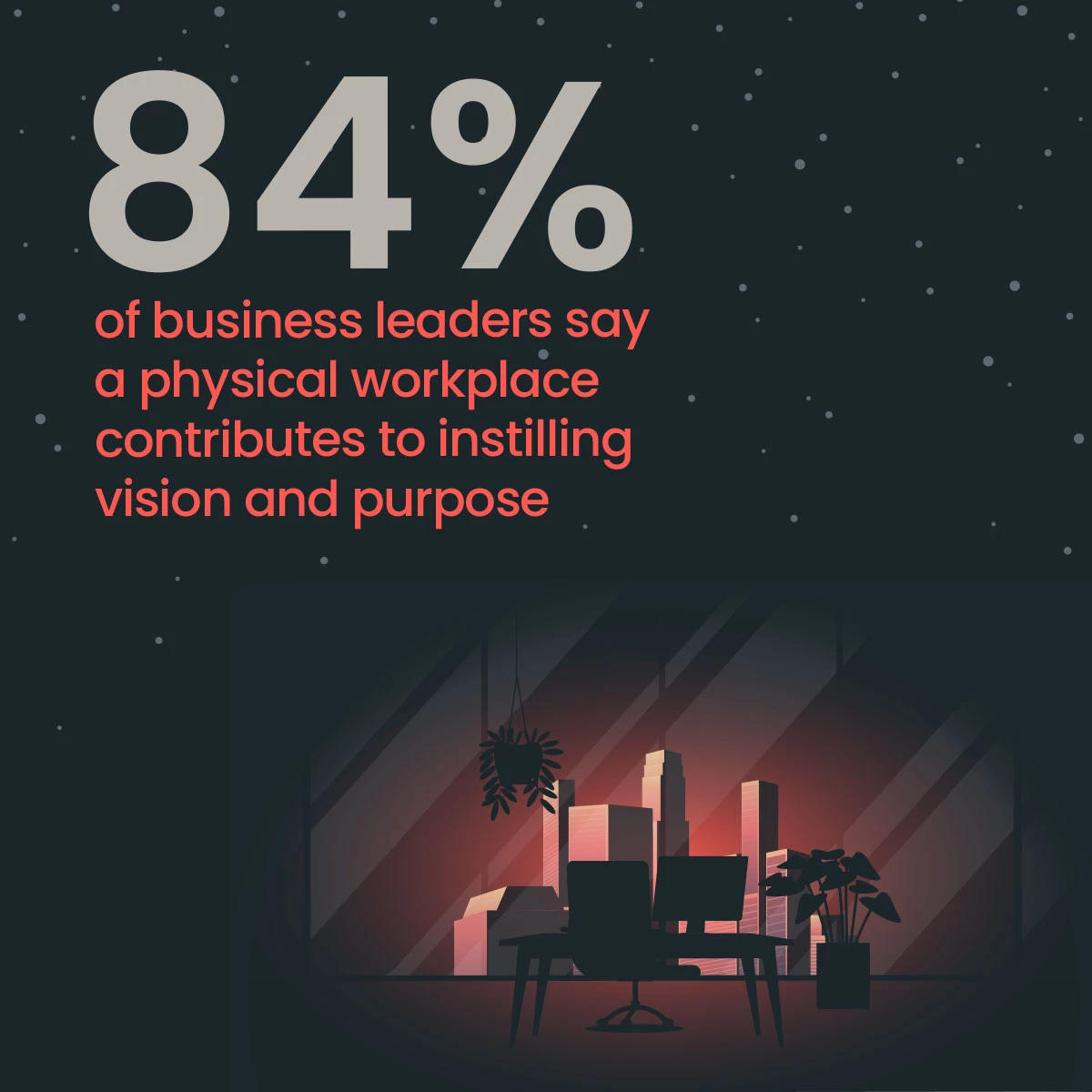
Partner Article
New report shows productivity a challenge as UK’s office workers advised to work from home
A new report, released today by workplace design consultancy, Peldon Rose, takes a look at the relationship between leading UK businesses and their physical workplaces in light of changes as a result of the Covid-19 pandemic.
“The Office of the Future” report, commissioned in conjunction with workplace strategy and employee engagement specialists, WKspace, examines the impact on UK business productivity and culture – and what this means for the office in the long-term.
There is no doubt Covid-19 has changed the working habits for the majority of people in the UK, with lockdown restrictions forcing office-goers to set up temporary workspaces in their homes. Yet, despite continued declarations of a ‘work from home revolution’, the latest findings suggest that even with the growing trend towards agile working, and new government guidelines advising people to work from home when possible, the physical office is here to stay in the long-term.
In fact, the data revealed that 48% of business leaders admitted that employee motivation has proved to be the greatest challenge, while 33% have said that productivity has been adversely impacted within their workforce. This is unsurprising, considering that the much-needed interpersonal connection at work has been taken away, which is not only noticeable from a productivity point of view, but also from a development one. 89% of respondents reported that it is important to learn from colleagues they work alongside for their own job satisfaction as well as for overall business productivity.
When looking into the data regarding culture, a whopping 84% of business leaders say a physical workplace contributes to instilling vision and purpose to its employees – something that cannot be replicated at home.
Jitesh Patel, CEO, Peldon Rose, said: “We’ve always understood the importance of creating agile working environments for clients and we understand the office is so much more than just providing people with a computer and a desk. In many ways, the pandemic is accelerating the process of making businesses think more creatively about the spaces they work from, and that’s the future.”
The want to get back to the office isn’t coming strictly from the more mature members of the workforce either, with 76% of Gen Z stating that team work and external meetings should be completed in the office, rather than via remote working. This may come as a surprise considering the digital capabilities of Gen Z and suggests that the physical office will remain very much a requirement going forward - but that its overall purpose may shift towards collaborative working.
It’s also no secret that lockdown has had a huge impact on wellbeing, particularly due to decreased human interaction and for many, working from home has only reduced their human contact further. In fact, a quarter of respondents (25%) said that their wellbeing has been negatively impacted as a result of working from home, showing just how important the office can be for employee happiness.
Hannah Nardini, managing director, WKspace concluded: “The pandemic has completely altered the professional landscape, causing us to reassess our working habits and we’re now helping companies reconfigure the way they do business. The role of the office in the long-term in bringing people together will become more prominent than ever and the sense of community the office creates will be more important than ever following prolonged periods of working from home.”
This was posted in Bdaily's Members' News section by Peldon Rose .
Enjoy the read? Get Bdaily delivered.
Sign up to receive our popular morning London email for free.








 Raising the bar to boost North East growth
Raising the bar to boost North East growth
 Navigating the messy middle of business growth
Navigating the messy middle of business growth
 We must make it easier to hire young people
We must make it easier to hire young people
 Why community-based care is key to NHS' future
Why community-based care is key to NHS' future
 Culture, confidence and creativity in the North East
Culture, confidence and creativity in the North East
 Putting in the groundwork to boost skills
Putting in the groundwork to boost skills
 £100,000 milestone drives forward STEM work
£100,000 milestone drives forward STEM work
 Restoring confidence for the economic road ahead
Restoring confidence for the economic road ahead
 Ready to scale? Buy-and-build offers opportunity
Ready to scale? Buy-and-build offers opportunity
 When will our regional economy grow?
When will our regional economy grow?
 Creating a thriving North East construction sector
Creating a thriving North East construction sector
 Why investors are still backing the North East
Why investors are still backing the North East